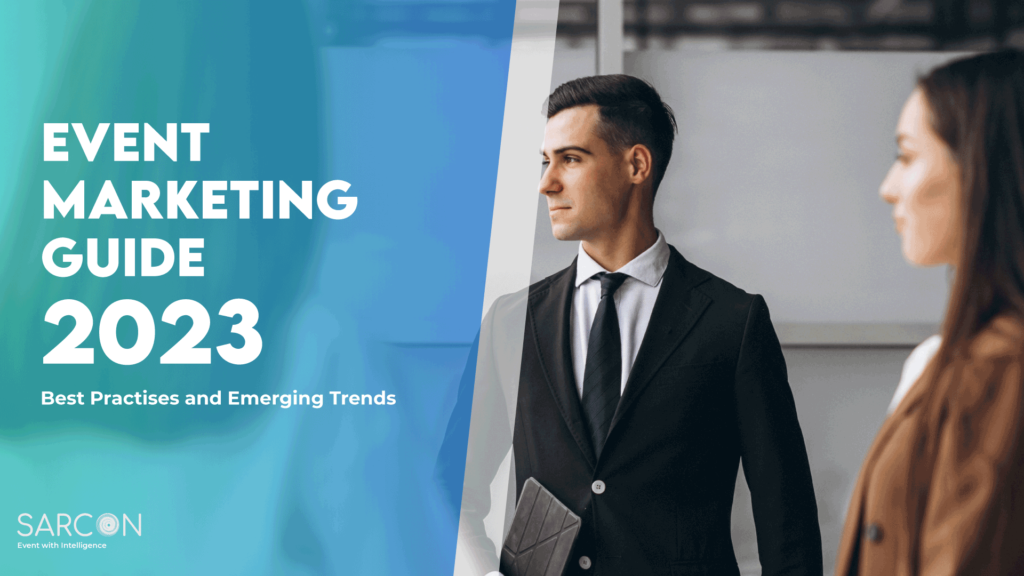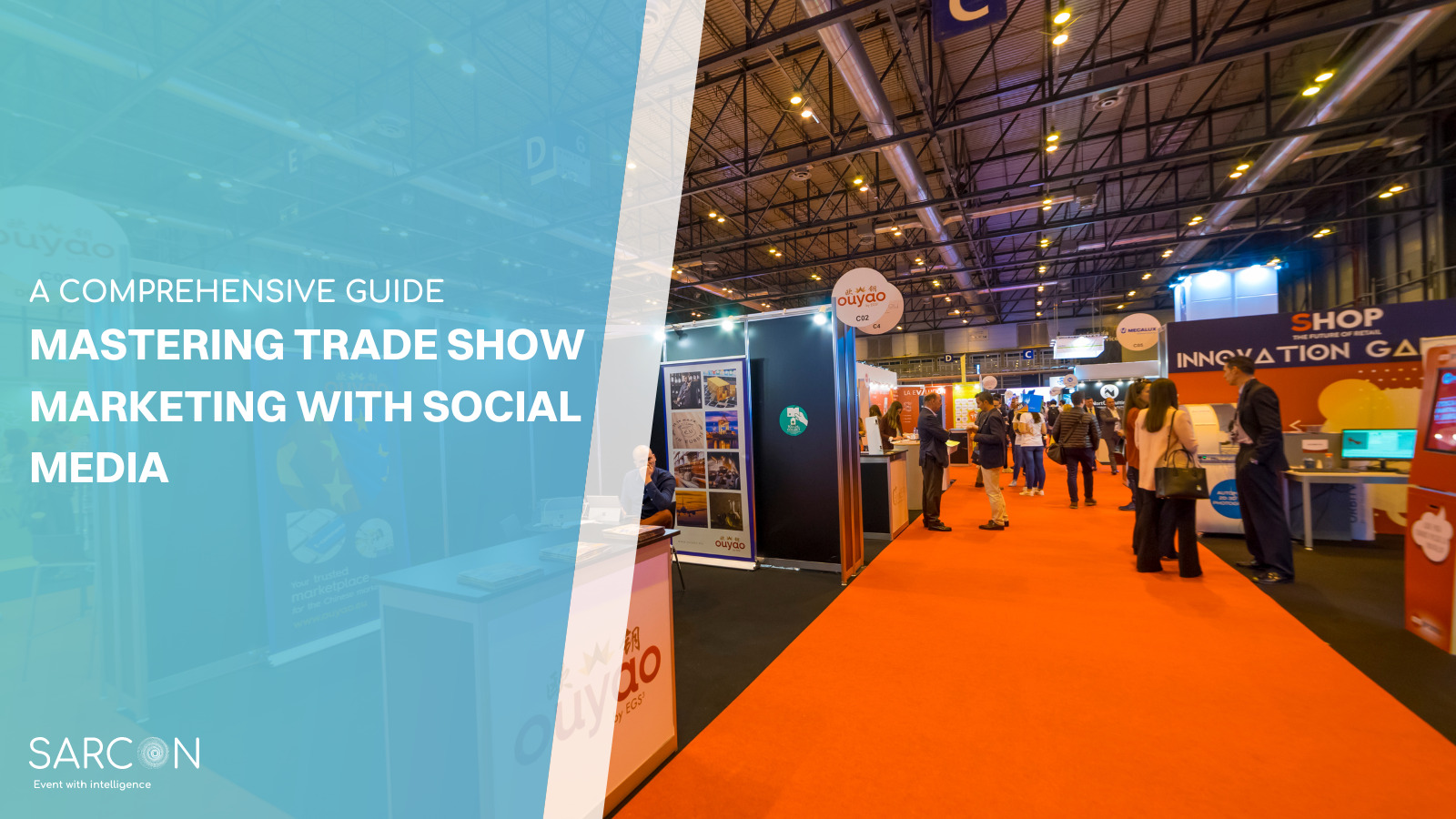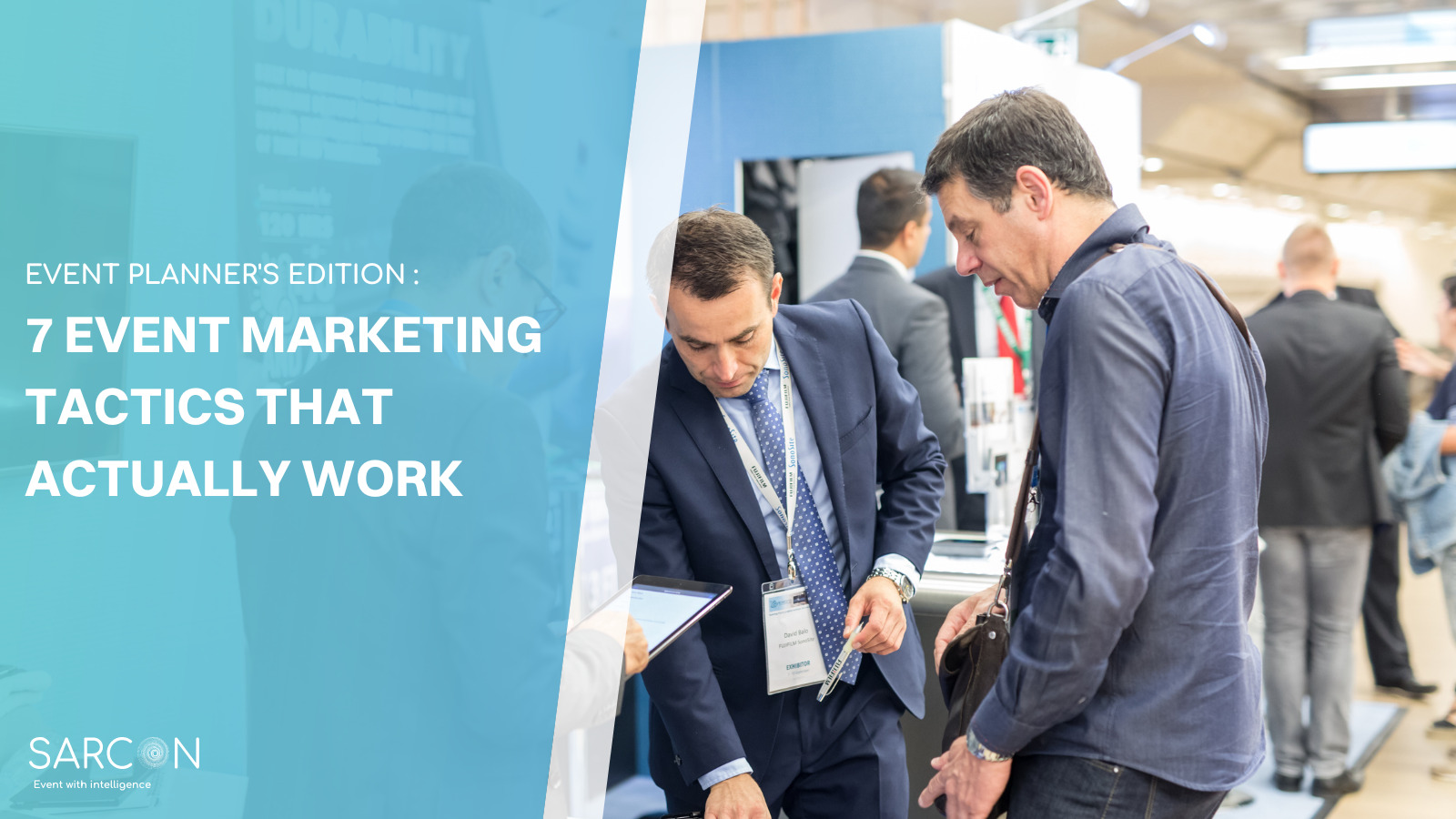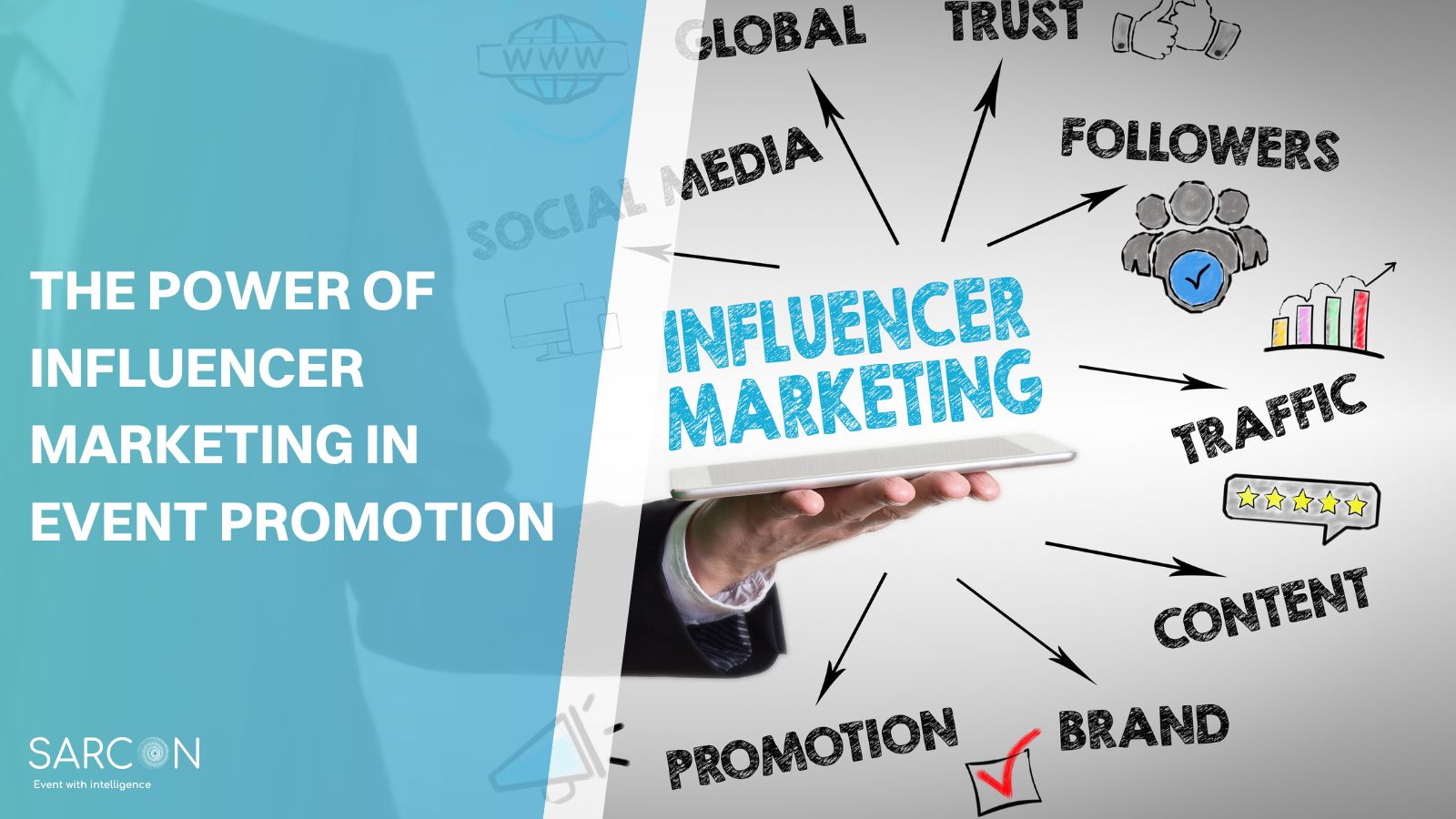Event marketing is a powerful tool for businesses looking to engage with their target audience and drive brand awareness. With the right strategies and tools, businesses can create memorable and impactful events that drive sales and build customer loyalty.
As we step into 2023, there are several key trends and challenges shaping the event marketing landscape. In this guide, we’ll explore the key trends to watch out for, the challenges businesses will face, and the solutions and strategies to overcome them. We’ll also take a look at the future of event marketing in 2023 and beyond. But before we drive in lets understand the basics.
What is Event Marketing?
Event marketing is a marketing strategy that involves creating and hosting events, such as conferences, product launches, trade shows, or experiential events, in order to promote a brand or product. The goal of event marketing is to create a buzz and build brand awareness, as well as to engage with customers and prospects in a more personal and interactive way.
Event marketing can be used to achieve a variety of marketing objectives, such as generating leads, building brand loyalty, increasing sales, or launching a new product. In an age where consumers are constantly being hit with sales pitches and advertisements, it can be an effective way to reach and influence target audiences. Whether you’re hosting a large-scale conference or a smaller, more intimate workshop, event marketing allows you to connect with customers on a more personal level and create lasting impressions.
Event Marketing Trends 2023
Virtual and hybrid events will continue to dominate.
One of the biggest trends in event marketing over the past year has been the shift towards virtual and hybrid events. With the COVID-19 pandemic forcing many in-person events to be canceled or postponed, businesses have had to pivot to virtual platforms to connect with their audience.
Going forward, it’s likely that virtual and hybrid events will continue to play a significant role in the event marketing landscape. Virtual events offer the flexibility and convenience of being able to attend from anywhere, and hybrid events allow businesses to reach a larger audience by combining in-person and virtual elements.
Personalisation and customisation will be key.
As consumers become more savvy and demanding, they expect a more personalised and customised experience. This trend is also evident in event marketing, where businesses are looking for ways to create unique and personalised experiences for their attendees.
One way businesses can achieve this is by using data and analytics to better understand their audience and tailor their events to their interests and needs. Another approach is to offer customisable options, such as allowing attendees to choose their own schedule or create their own custom swag bags.
Sustainability will be a top priority.
As concerns about the environment continue to grow, businesses are under increasing pressure to be more sustainable in their operations and events. This trend is likely to continue in 2023, with businesses looking for ways to reduce their carbon footprint and minimise waste at their events.
There are many ways businesses can make their events more sustainable, such as using eco-friendly materials, opting for digital marketing materials, and offsetting carbon emissions. By demonstrating a commitment to sustainability, businesses can differentiate themselves from their competitors and appeal to the growing number of consumers who prioritise sustainability in their purchasing decisions.
Experiential events will be in high demand.
Consumers are increasingly seeking out unique and immersive experiences, and this trend is reflected in the popularity of experiential events. These events are designed to engage attendees in a hands-on, interactive way, often incorporating elements of education, entertainment, and technology.
Businesses can use experiential events to build stronger connections with their audience and create lasting memories. Some examples of experiential events include cooking classes, art installations, and virtual reality experiences.
Benefits of Experiential Marketing
Experiential marketing involves creating immersive and interactive experiences for consumers that allow them to engage with a brand in a tangible way. This approach can be highly effective in building brand awareness, driving sales, and creating lasting memories for attendees. Some benefits of experiential marketing include:
- Increased engagement: Experiential marketing allows businesses to create interactive and engaging experiences that can grab the attention of their audience and create a lasting impression.
- Higher ROI: Experiential marketing can be a cost-effective way to reach and engage with consumers, with research showing that it has a higher ROI compared to traditional marketing channels.
- Positive brand associations: Experiential marketing allows businesses to create positive associations with their brand through memorable and enjoyable experiences.
- Increased loyalty: By creating positive and memorable experiences, businesses can build loyalty and encourage customers to return for future events or engage with their brand in other ways.
Key Event Marketing Challenges
Competition for attention
With so many events and marketing messages vying for attention, it can be challenging for businesses to stand out and engage their target audience. This is especially true in the virtual event space, where there are fewer barriers to entry and a proliferation of options for attendees.
To overcome this challenge, businesses need to be strategic in their marketing efforts and focus on creating high-quality, relevant content that resonates with their audience. They should also consider using targeted advertising and influencer marketing to reach their target audience.
Finding the right balance between in-person and virtual events
As mentioned earlier, hybrid events are likely to continue to be popular in the coming years. However, striking the right balance between in-person and virtual elements can be challenging. Businesses need to consider the needs and preferences of their target audience, as well as the logistics of hosting both in-person and virtual elements.
One solution is to test out different combinations of in-person and virtual events and gather feedback from attendees to see what works best. Businesses should also be flexible and adaptable, as circumstances may change and require a shift in approach.
Managing costs and budgets
Event marketing can be expensive, and managing costs and budgets can be a challenge for businesses. This is especially true for smaller businesses or those with limited resources.
To manage costs, businesses should carefully plan and budget for their events and look for ways to cut costs where possible. For example, they can negotiate better rates with vendors, use free or low-cost marketing channels, and consider opting for virtual or hybrid events to save on venue and travel costs.
Ensuring the safety and health of attendees
In the wake of the COVID-19 pandemic, ensuring the safety and health of attendees has become a top priority for businesses hosting events. This involves following guidelines and regulations, as well as implementing measures such as social distancing, mask-wearing, and regular sanitisation.
Businesses need to be proactive in communicating their safety measures to attendees and be prepared to adapt their plans if necessary.
Event Marketing Solutions & Strategies
Utilise social media and email marketing
Social media and email marketing are effective and cost-efficient ways to reach and engage with a targeted audience. Businesses can use these channels to promote their events, share updates, and connect with attendees.
To maximise the effectiveness of social media and email marketing, businesses should use:
- A mix of paid and organic marketing efforts and be strategic in their targeting.
- Use engaging visuals and compelling copy to grab the attention of their audience.
- Generate excitement for their event by utilising hashtags and ads on social media platforms.This is a crucial step in any event marketing strategy, as it allows one to spread the word and build anticipation on the web.
Invest in high-quality content and experiences
To stand out in a crowded market, businesses need to invest in high-quality content and experiences that deliver value to their attendees. This can include engaging keynote speakers, interactive workshops, and memorable networking opportunities.
Businesses should also consider how they can create a cohesive and consistent brand experience across all elements of their event, from marketing materials to the event itself.
Partner with influencers and sponsors
Influencer marketing and sponsorship can be powerful tools for businesses looking to reach new audiences and build buzz around their events. By partnering with influencers or sponsors, businesses can tap into their existing following and leverage their credibility and expertise to promote their events.
Utilise data and analytics
Data and analytics can be incredibly valuable in helping businesses understand their audience and optimise their event marketing efforts. By analysing metrics such as event attendance, engagement, and conversion rates, businesses can identify areas for improvement and fine-tune their strategies.
Future of Event Marketing in 2023 and Beyond
As the event marketing landscape continues to evolve, businesses will need to be adaptable and innovative in order to succeed. Virtual and hybrid events are likely to remain popular, and there will be a continued focus on personalisation and customisation. Sustainability will also be a key consideration, with businesses looking for ways to minimise their environmental impact.
In addition, the use of technology is likely to continue to play a significant role in the future of event marketing. From virtual reality experiences to artificial intelligence and advanced analytics, businesses will have access to a wide range of tools and technologies to enhance their events and create more engaging and immersive experiences for their attendees.



